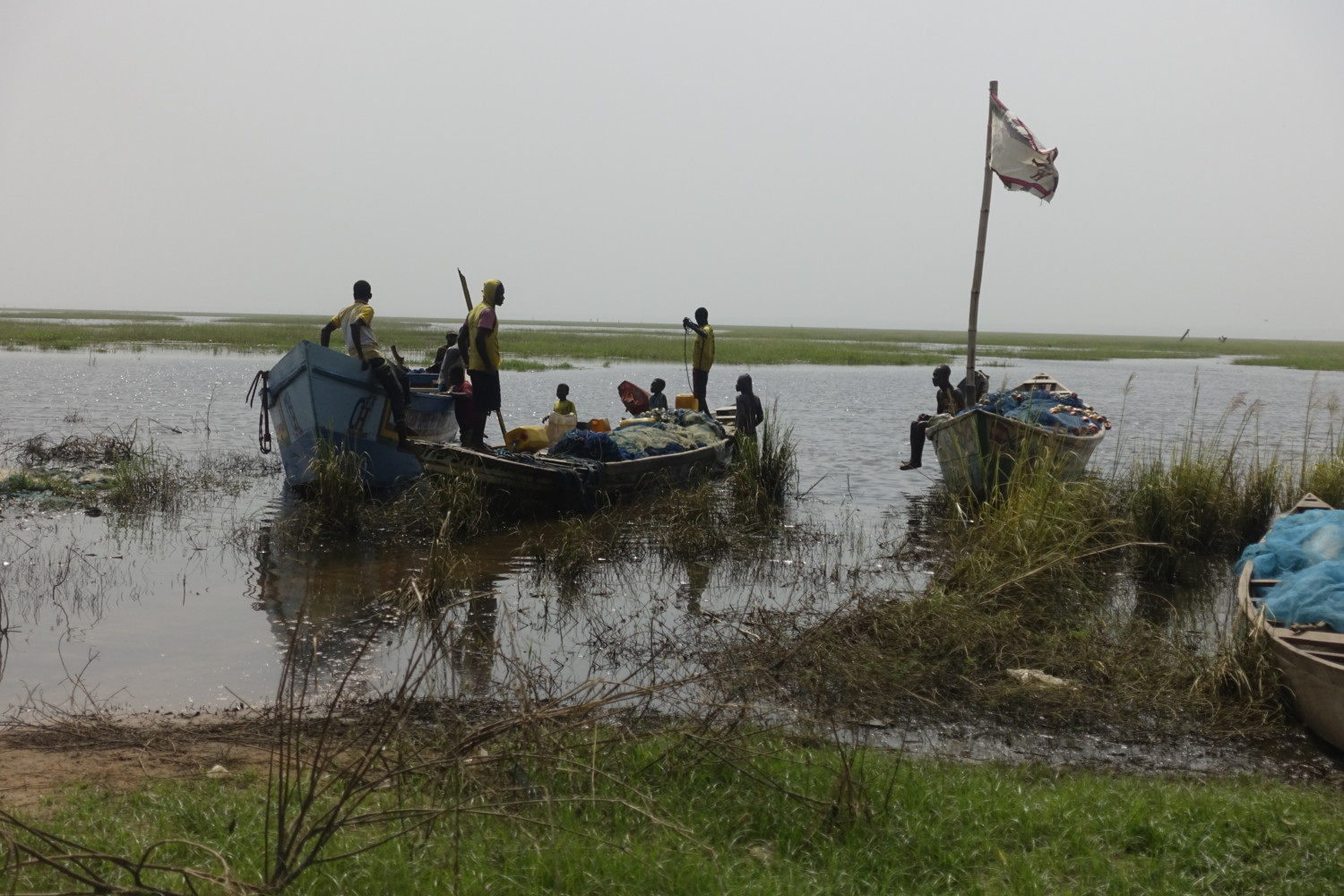In-kind microloan beneficiary praises the programme
Rose Attah sat among the small group of women gathered in the meeting hall, surrounded by large bags filled with charcoal, cassava, salt and maize. She had a slight smile on her face as Alfred Mensah, Challenging Heights’ Reintegration Officer, explained the terms of the contract each of the women would be entering. She already knew the benefits that she would reap from this programme because she had participated before.
Rose thought she was sending two of her children to live with a family member who would enrol them in school, fed, clothe and take care of them. With eight children to take care of, finances were stretched thin and it seemed like the best option. Instead they were forced to work as slaves on Lake Volta. When she learned of their situation, she knew that Challenging Heights would be able to help her children. They were rescued, rehabilitated at Challenging Heights’ Hovde House shelter, and reunited with Rose and the rest of their family. Now Rose knows about the lies that traffickers tell, recognises when other children in the community are at risk and takes them in as foster children.
Rose is fortunate enough to have a mill at her house, where corn and other grains can be ground into flour, which is how she made her livelihood. She would grind up maize to sell as cornmeal at the market. But there wasn’t enough for her family to be comfortable and provided for. Two of the children were out of school. She was receiving some monetary support from Challenging Heights as the mother of a reintegrated child, but family member would take advantage of the money and she wouldn’t be able to repay properly. Which is why she really like the in-kind microloan programme.
Through this programme, the parents of reintegrated children are given 300 GHS (about $70) of goods of their choosing that they can then sell in the community. Interest-free repayments begin two months after the initial loan is made, and they remain interest free as long as all the children are enrolled in school, have health insurance and are registered. Should those conditions of the loan not be met, interest increases to 30 percent per annum.
With her first microloan of maize, Rose was able to make 500 GHS. All of her children, aged 6 to 12 are able to attend school and are well provided for. After each day of sales, she saved a bit and at the end of the month she used her savings to reinvest in her capital. She’s hoping that this new microloan will allow her grow her business even more.
